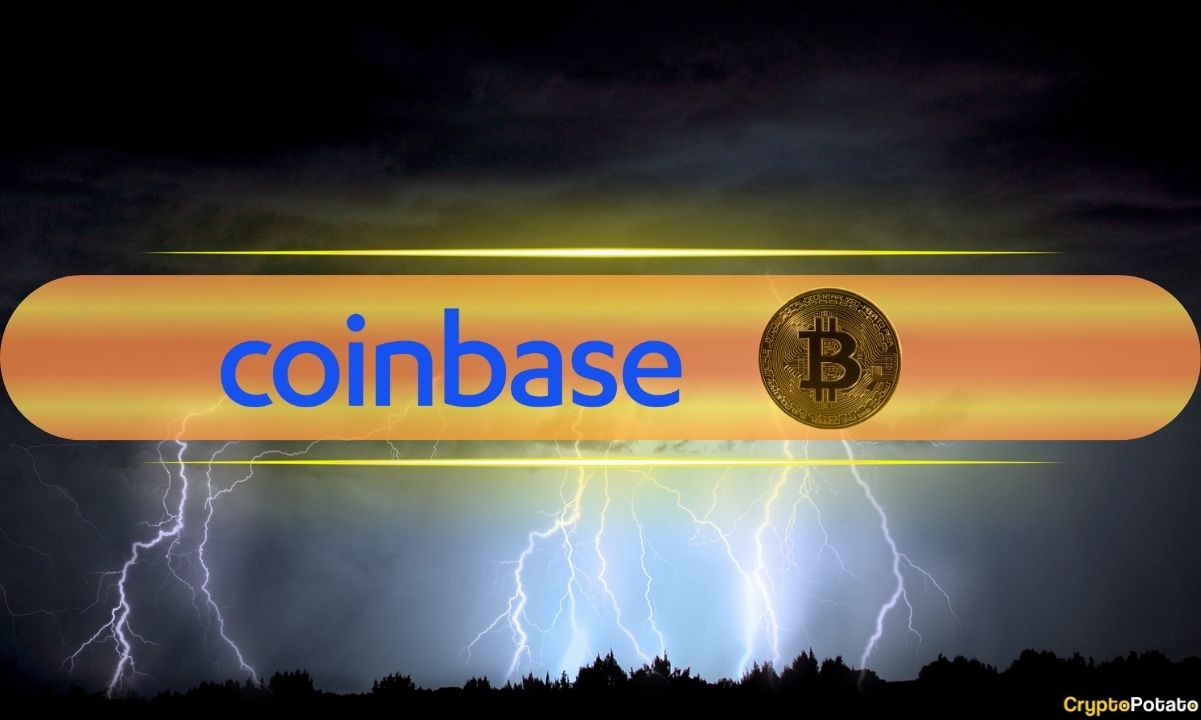Luigi Mangione — a name that has sparked debates across the globe. The young man, hailing from a prominent real estate family in Baltimore, US, shocked the world when he was arrested for a tragic act of violence — the killing of UnitedHealthcare CEO Brian Thompson.
But beneath the sensational headlines lies a story that resonates with the times — a tale of alienation, disillusionment, and the overwhelming impact of technology.
Mangione, once an Ivy League student destined for a high-flying corporate career, began to withdraw from his social circles six months before his arrest. His journey took him to Hawaii and Japan, where his fascination with a peculiar term — NPC — took centre stage.
NPC, or non-playable characters, refers to those predictable extras in video games that follow pre-programmed routines.
But Mangione’s usage of NPC wasn’t limited to gaming — he applied it to describe real-life behaviour. In Japan, he reportedly criticised what he saw as an “NPC culture”, where people’s actions felt robotic, conformist, and devoid of individual thought.
The NPC factory
My moot point. Think about your last scroll through Instagram or Twitter or LinkedIn. How many posts were just rehashed trends, the same dance challenge, or identical opinions dressed up as “fresh takes”?
Social media thrives on conformity.
Algorithms reward sameness — they push what’s already popular, creating echo chambers where original thought goes to die. It’s easy, it’s efficient, and it’s mind-numbing. Welcome to the digital assembly line.
Here’s the kicker: this isn’t just about online behaviour. The more we conform digitally, the more this spills over into our real, offline lives. We become trapped in routines, seeking validation through ‘likes’ and ‘shares’ instead of meaningful interactions.
The result? We feel more disconnected than ever — alienated from others, and even from ourselves.
Examples abound. Young girls, for instance, often feel pressured to adhere to unrealistic beauty standards promoted by influencers and filters, leading to issues like body dysmorphia, eating disorders, and depression.
Young boys and men frequently get drawn into toxic trolling cultures or extremist online groups, lured by a sense of belonging that masks deeper insecurities.
Alienation on steroids
Enter AI, the super-steroid of the digital age. While AI can boost efficiency, it also reduces people to numbers on a spreadsheet. Many of us are now part of a gig economy that’s unstable and impersonal, with algorithms deciding our worth.
It’s the same old story of alienation, but on steroids — alienated kids glued to screens and ruled by algorithms that measure productivity in clicks, swipes, and sales.
Don’t be doomed to be NPCs. Take action.
So, how do we break free? Here are five ways to reclaim your individuality and stop being an NPC:
* Limit social media use: Set boundaries on your screen time. Engage mindfully instead of passively scrolling through endless feeds.
* Cultivate critical thinking: Challenge popular opinions and trends. Seek diverse perspectives and question the status quo to develop your unique viewpoint.
* Pursue offline activities: Take up hobbies or other activities that inspire creativity and allow for genuine human connections, free from the influence of algorithms.
* Focus on self-expression: Embrace your quirks and interests. Share your thoughts and ideas without worrying about likes, shares, or validation from others.
* Disconnect to reconnect: Spend time in nature, practise mindfulness, or simply enjoy moments of solitude to reconnect with your authentic self.
Alienation isn’t new, but the way technology amplifies it is unprecedented. The good news? Awareness is the first step to change. Let’s make sure we’re the players in our own lives, not just NPCs in someone else’s game.
All the best!
(Shubho Sengupta is a digital marketer with an analogue past)







Leave a Comment